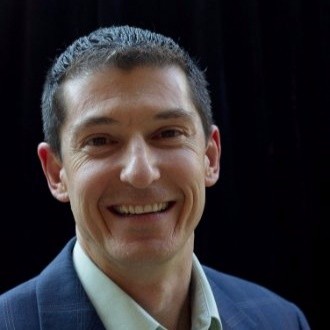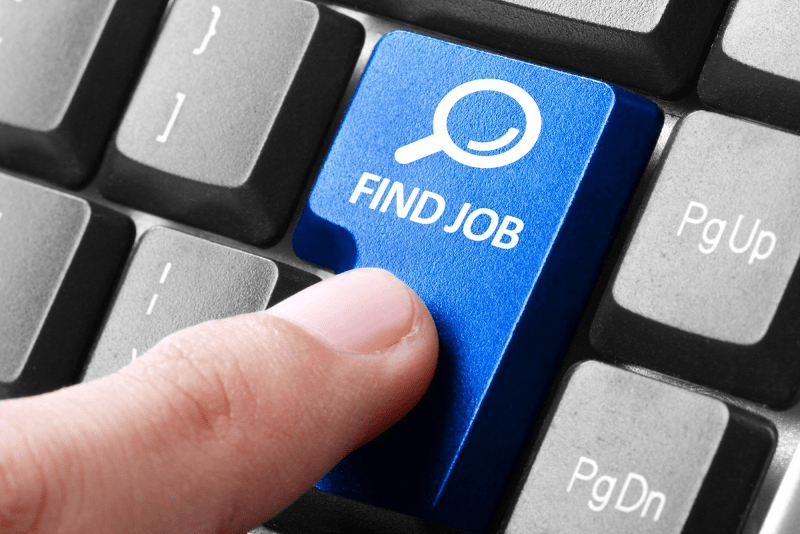We continue our coverage of the current employment situation and talent market with this edited interview with Curtis Grajeda of Level Up Human Capital Solution. From current trends affecting recruitment marketing and talent strategy to DEI recruiting best practices, Curtis provides essential insight into the key trends affecting today's hiring.
RPOA: What are the key trends you've seen in the talent market in 2021?
We can divide hiring trends of 2021 into four categories: (1) scalability in response to mass hiring; (2) DEI (diversity, equity and inclusion) is a top talent objective everywhere; (3) remote work versus hybrid versus returning to the office; and (4) focus on employee well-being and how it converts into an employee value proposition during the recruitment process.
To me, well-being is the most prevalent new topic when it relates to what candidates are asking of our clients. What is the employer doing for the well-being of the employees? Employee well-being transcends far beyond “hey, we're gonna give you free lunch,” and it directly relates back to the other trends we are seeing.
People are working way more now in a remote environment than they did before. Therefore, employee well-being will be another huge topic that dominates the talent acquisition conversation going into 2022. Candidates will want to know (1) “what is the work policy?” Is it 100% returned to work? Is it 100% Remote? Or is it a hybrid. And (2) “what is the organization offering to promote my well-being?”
How has your organization handled employee well-being?
Within our organization, the focus of employee well-being and employee engagement is very important. We have to make sure that the office environment is safe for them and they feel supported. We have adopted a hybrid model for those within commuting distance – allowing employees to come into the office should they choose. This has been well received, but we acknowledge that people want more connection with their coworkers. We're constantly exploring ways for employees to create those connections – virtually or in person. We plan virtual get-togethers and if they’re vaccinated, get-togethers for coffee or drinks.
As an organization, we [at LevelUp] want to make sure that our employees know and feel that they’re our top priority.
Because of the unexpectedly high demand across our client accounts, we have had to respond rapidly as an organization and as an industry. In 2020, most of the corporate clients we partnered with had gone through some level of a reduction, whether it was a budget reduction or headcount reduction. That theme quickly changed in the late winter of 2021.
What shifts do you see in talent acquisition strategy?
What we've seen this year is a real focus on process optimization. To be able to hire at scale for all job levels, you need a well-defined recruitment process. A well-defined recruitment process can allow a candidate to understand the value proposition that the organization offers them, understand their role, understand their responsibilities, and gauge the company's culture.
Clients need a truly defined interview matrix (1) to ensure that the candidates have the opportunity to learn about the organization; (2) to have a diverse slate of interviewers; (3) to get a feel for the culture; and (4) to do this all in a very short, curated, abbreviated timeline.
This has been a year like no other in the war on talent. To be competitive means having an expedited interview process or a consolidated interview process that doesn't sacrifice the quality and the engagement experience.
What is the impact of those shifts on RPO partnerships?
This year is not about being responsive; it’s about being proactive. Knowing that we have a huge demand, knowing that we have a critical war on talent, if you’re responsive, you're almost too late. The shift this year is turning the tables and going to our clients and providing them with the market data, the insight, and what I'll call the recommendations for them to create some change management to continue to act as an employer of choice.
Today, if you are in talent acquisition and experiencing challenges (whether in the offer-to-acceptance ratios, diversity slates, or other metrics) it’s because of inefficiencies in the hiring lifecycle. As an RPO partner, our job is to get ahead of potential bottlenecks, recognize them, and create recommendations that our clients can implement. Again, it goes back to having that well-defined, thoughtful, curated process that ultimately leads to a positive outcome of a hire.
What are your best practices for sourcing talent within D&I initiatives?
It is imperative to think differently as a talent acquisition leader and as a partner to our clients. We have to encourage our clients to think differently regarding their approach to talent and D&I. We have to be willing to make recommendations that may not necessarily be traditional and may challenge the client to approach their challenges differently, and even think about their culture differently.
We've been successful in using a two-pronged approach to D&I. The first approach is grassroots by going out and making connections, establishing relationships, and communicating with candidates we believe would be a great fit for our clients. That's a farming expedition that's creating relationships that takes time.
The second approach is to challenge our clients to consider diverse “out of the box” candidates who don’t have the exact skill set, work experience, or educational history that they would typically consider. We challenge them to break the status quo in this environment so that they can build and cultivate a workforce that will be diverse in thought and experience, loyal, and that will be engaged. In return, the only thing they have to do is help participate in their maturation of a skill set and as a professional.
To me, it's about the investment. Let's not go to market trying to find someone with the exact skill set. Let's go to market and find people who have amazing pedigree, that have amazing interpersonal skills, and by the way, they have such a high ceiling. They’re going to be able to learn this skill and manage the responsibility and deliver work at a great level with time.
Have you experienced an increase in DEI adoption this year?
LevelUp is a minority-owned business. As a Mexican-American business owner, I take great pride in having the opportunity to help change the very DNA of our core corporate clients from a diversity perspective. This has been a topic really close to my heart since day one.
When I launched LevelUp, the intent was to help our clients identify, what I call, best-in-class candidates. Best-in-class, by definition, was inclusive of diversity. We need again to think differently as an industry. And we need to help influence the future state of talent acquisition. The only way we can do that is by implementing methodologies that will support some of the key changes that we believe are important for the future state. So at LevelUp, diversity has been one of the foundational aspects of what we offer to our clients starting in 2012.
How has remote and hybrid work affected hiring results?
There are specific sectors in industries that are asking individuals to return to work at 100 percent. And then other industries are saying, 'you know what, this works well for us, we're going to either offer a hybrid or complete remote work environment.' And what I believe we are in today is a critical moment in talent.
There's going to be a paradigm shift from the old archaic thought process about returning to work and being there five days a week. Some organizations, such as large financial institutions, are asking everyone to return. They are going to find it very difficult to be able to compete for talent. They are going to find their retention decrease. They are going to find attrition to be a challenge. Because now that everyone has experienced remote work, there is an opportunity to have a better quality of life. Instead of someone commuting two hours, one way each day, which equates to basically 20 hours a week, they can now invest that time in their family or be more productive at work.
So, I think over the next year, we're going to see a continuance of really three different types of models. First, a 100% remote which will level the playing field for organizations that may haven't had the opportunity to compete with the “bulge bracket brands”. Second, we're going to see some firms embrace hybrid solutions, maybe employees come to the office two or three days a week and the rest of the week you work from home. That's going to be another opportunity for an employee to have that flexibility and improve their quality of balance of life.
And then, of course, we're going to have the traditional organizations asking everyone to come back to the office. And I think they're going to experience massive challenges.
About Curtis Grajeda. Curtis is the founder and managing partner at Level Up Human Capital Solutions. Curtis has over 20 years of experience in the talent and HR industry. A self-described “creative networker,” Curtis has a gift for recognizing talent trends and staying ahead of the curve. He has built the LevelUP culture based on inclusivity, supporting his employees and clients. He is an active member of the Forbes Human Resource Council.














